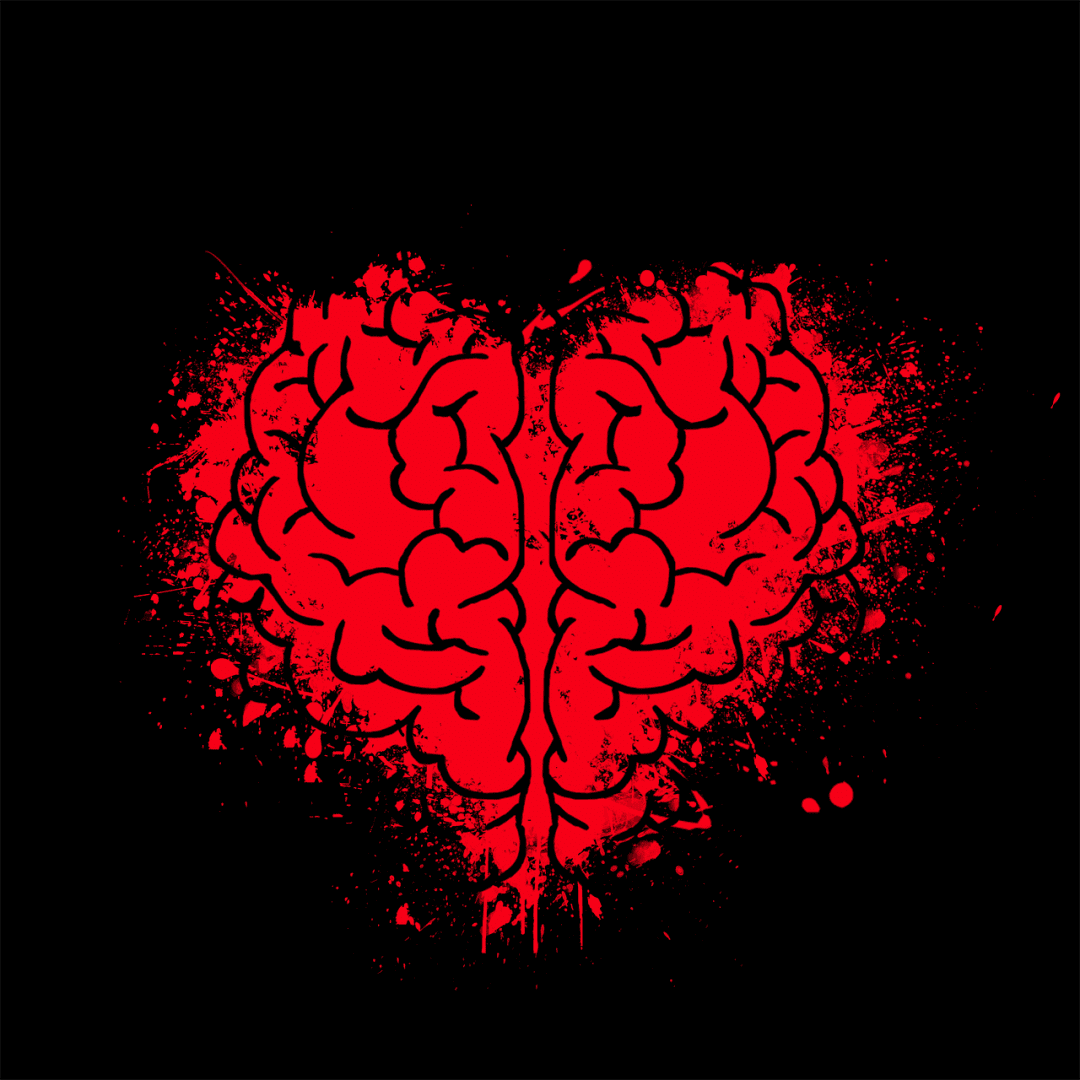Throughout my clinical career, I’ve had the privilege of helping many individuals who struggle with eating disorders, obesity, and body image issues. When we think of these concerns, we often associate them with women, as these challenges disproportionately affect females. However, it’s crucial to acknowledge that men and boys also face significant body image issues. These struggles are not discussed enough, and unfortunately, they are on the rise. Many men dealing with body image disorders go unrecognized, which contributes to the growing challenge.
Bigorexia: The Muscle Dysmorphia Epidemic
One specific body image disorder affecting males is commonly referred to as “bigorexia” in pop culture, but its clinical term is muscle dysmorphia—a type of body dysmorphic disorder. Men with this condition are fixated on their muscles and feel their physique is insufficient, despite often having a relatively muscular or toned body. The belief is that their body is never big enough, strong enough, or brawny enough to measure up to the standards they set for themselves.
This obsession can lead to unhealthy behaviors, such as excessive exercise, restrictive eating habits, the overuse of supplements, and even the dangerous consumption of anabolic steroids. The pressure to bulk up can be mentally and physically damaging, as the individual continues to chase an ideal that may not even be realistic for their body type or health needs.
Cultural Pressures and the Gym Culture
One reason we may overlook body image issues in men is due to society’s cultural endorsement of physical fitness. Men are often encouraged to go to the gym, bulk up, and embody physical strength. While exercise can certainly promote health and well-being, gym culture can inadvertently reinforce unhealthy body image ideals, contributing to muscle dysmorphia.
Furthermore, many men may not realize that their fixation on improving their physique is unhealthy, as gym-going and fitness culture are widely accepted and promoted. A sense of shame or fear of judgment can also prevent men from expressing concerns about their body image.
The Role of Mental Health in Body Image Issues
It’s important to understand that body image disorders, like muscle dysmorphia, are not just about the physical body; they are deeply tied to mental health. Individuals with a history of low self-esteem, perfectionistic tendencies, anxiety, or obsessive-compulsive behaviors are more vulnerable to developing unhealthy relationships with their bodies.
Fitness and exercise can become a coping mechanism for those feeling out of control in other aspects of their lives. However, the desire to “look better” may be driven by feelings of inadequacy and frustration with other emotional or psychological struggles. It’s not just about the body—it’s about control, self-worth, and managing anxiety.
Social Media’s Impact on Body Image
Social media plays a huge role in shaping our perceptions of body image. Every day, we are bombarded with images of “ideal” bodies—often photoshopped or filtered to meet unrealistic standards. The constant comparison to these polished versions of reality can fuel body dissatisfaction. Studies have shown that heavy social media use is associated with an increased likelihood of body image concerns, particularly among young men.
The overemphasis on muscular and “beefy” physiques in media, combined with the pervasive availability of editing tools, contributes to the perpetuation of these ideals. Over time, it can lead to distorted self-image, feelings of inadequacy, and potentially harmful thoughts about one’s body.
What Can Be Done?
The good news is that there are ways to address and manage body image concerns, particularly in men. Here are some practical steps to take:
- Limit social media use: Studies have shown that limiting time spent on social media can reduce the negative impact on body image. It’s important to recognize the curated nature of these platforms and not internalize them as standards for our own bodies.
- Identify areas of your life where you feel out of control: Sometimes, body image issues are an external manifestation of other internal struggles. Addressing the root cause of these feelings, such as work stress, relationship issues, or emotional trauma, can help reduce the need to obsess over physical appearance.
- Focus on the whole person: Remember that worth is not determined solely by appearance. It’s important to appreciate your personality, talents, and character. Develop a more holistic view of your identity that includes qualities beyond physical appearance.
- Find self-worth in who you are, not how you look: Faith can provide a strong foundation for overcoming body image concerns. In Christian teachings, for example, one is reminded that God looks at the heart and loves us as we are. Embrace the idea that your value is inherent, regardless of your outward appearance.
- Stop comparing yourself to others: Constant comparison to others can lead to feelings of inadequacy. Practice focusing on your own journey and achievements, instead of trying to match others’ physical appearances.
- Promote body diversity: Celebrate the wide range of body types, rather than trying to conform to an unrealistic standard. This will not only help build self-acceptance but also foster a culture of appreciation for differences in appearance.
- Seek professional help: If your body image concerns are impacting your mental health, it’s essential to seek support from a mental health professional. Issues like muscle dysmorphia are often symptoms of deeper emotional struggles, such as anxiety, depression, or unresolved trauma, and these need to be addressed in therapy.
Body image concerns in men, including conditions like muscle dysmorphia, are real and need to be addressed with care and understanding. By recognizing the cultural pressures, acknowledging the role of mental health, and taking proactive steps to address these issues, men can build a healthier relationship with their bodies. Whether through limiting social media exposure, seeking professional guidance, or cultivating self-worth based on more than just physical appearance, it’s possible to break free from the cycle of body dissatisfaction and develop a more positive and balanced view of oneself.



